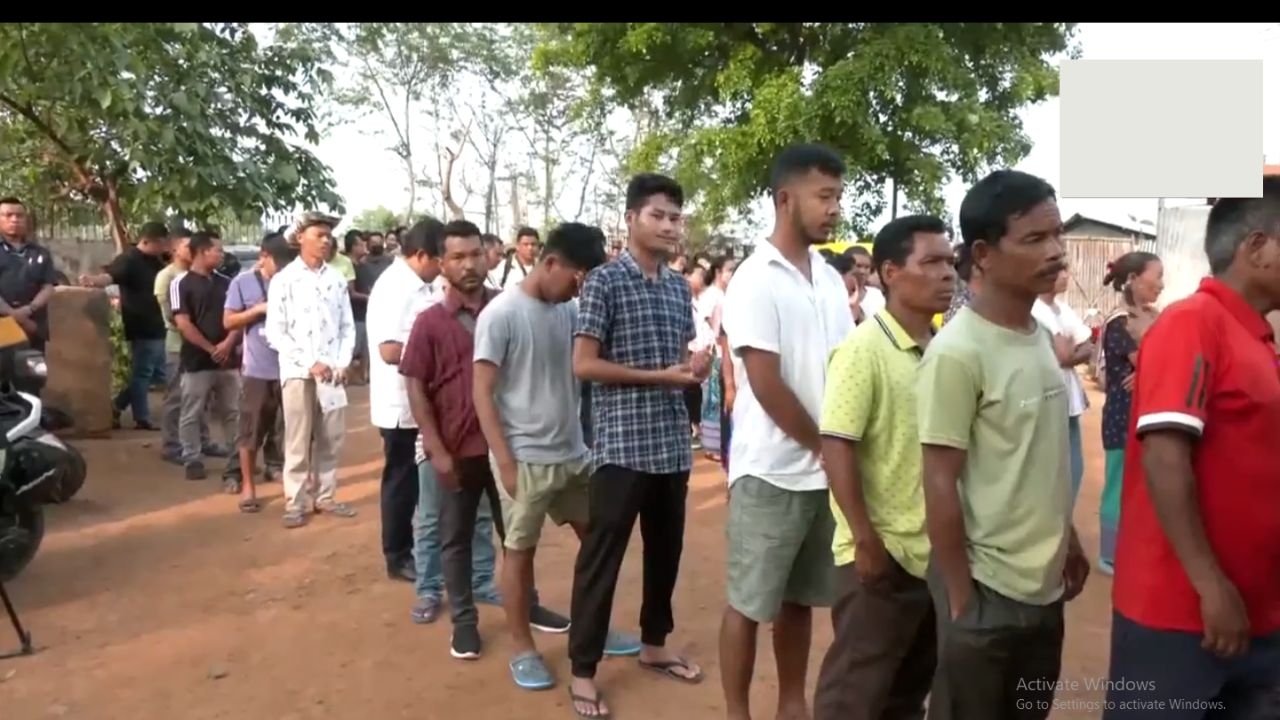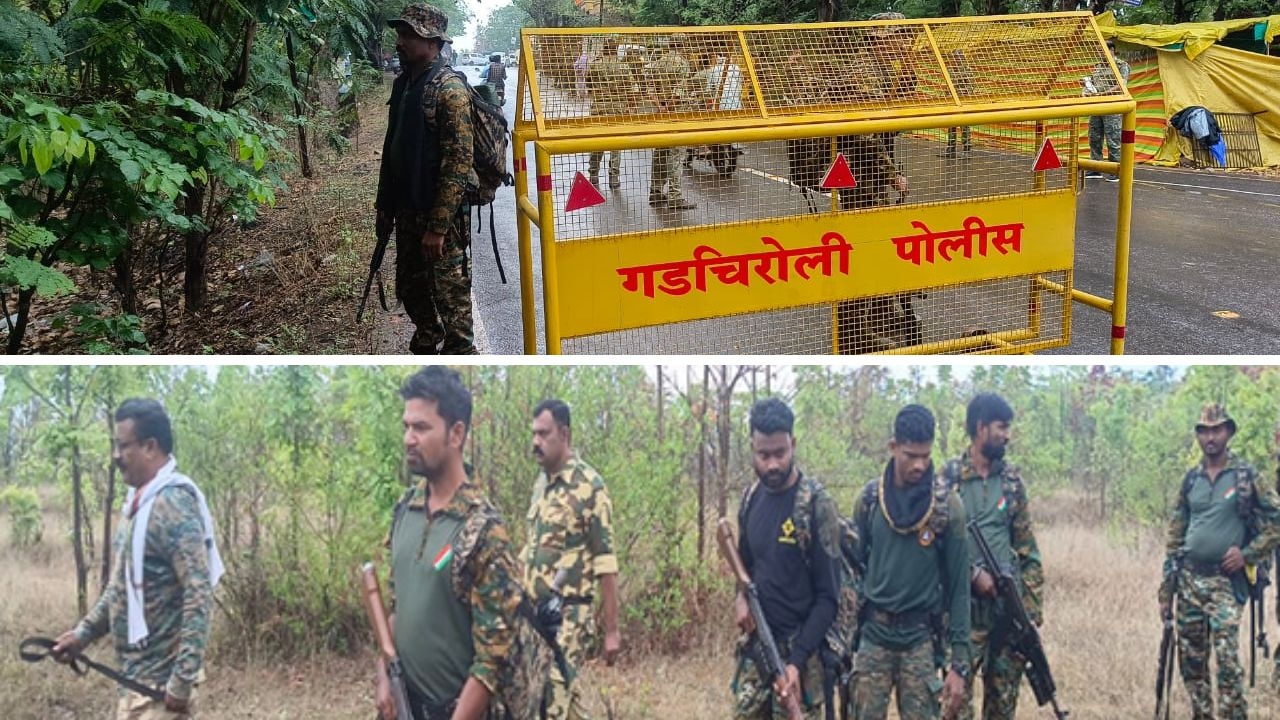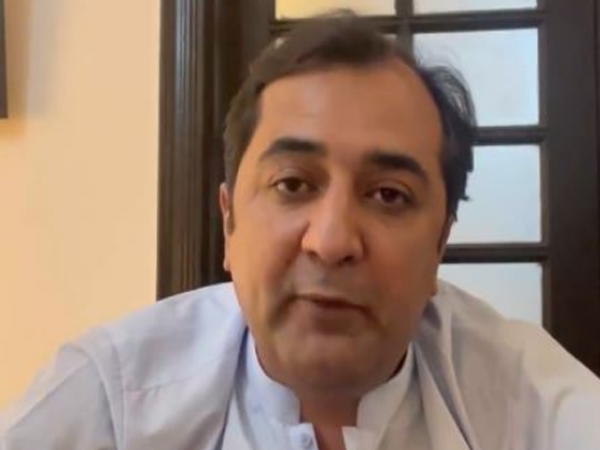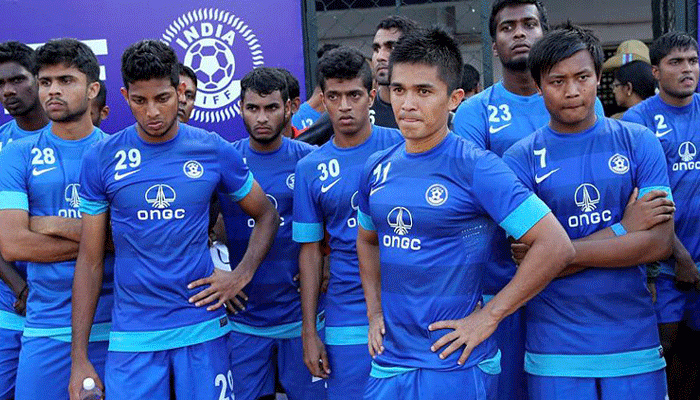
It was an uninspiring, insipid display from the Indian national team against Oman in its 2nd round World Cup qualifying clash in Muscat on Tuesday, 13 October. At the end of the 90 minutes, the scoreline read 3-0 in the home side's favour.
In reality, Oman were all over India throughout the game, pegging the visitors back with a constant barrage of attacking raids through the course of the 90 minutes. Had it not been for some terrible finishing from the hosts, the scoreline could have been much more humiliating for the Blue Tigers.
On the same day, when the Indian Super League's PR machinery went into overdrive over Brazilian football great Pele's visit to Kolkata, India's performance in Muscat came as a stark reminder of where Indian football actually stands.
And it stands on a very perilous position today. Indian football is devoid of any direction. The country's national football league, the I-League, is only a few years away from an imminent death. Top-flight clubs are packing their bags, while the custodians of Indian football have created a new platform in the Indian Super League to create an illusion that all is well with Indian football.
How the AIFF stifled the growth of the domestic game
It would have been funny had it not been so tragic. Fifty three years ago, India were the kings of Asia, having won the gold medal at the Asian Games in Jakarta under the stewardship of Syed Abdul Rahim. Today, the national team struggles to compete even in South Asia.
One could come forward with a number of reasons on how things went wrong. However, behind all the ailments plaguing the Indian game today, sits an administrative body that is detached from the modern era; an organisation which has been operating in an antiquated, outdated fashion for quite a few years (yes AIFF, I am looking at you). So much so that Indian football today stands just steps away from catastrophe.
In 2007, India lifted the Nehru Cup title in Delhi under the tutelage of Englishman Bob Houghton. The same year, the National Football League (NFL) was revamped into the I-League. A year later, India won the AFC Challenge Cup to qualify for the Asian Cup after 27 years. In 2009, India went on to retain the Nehru Cup title.
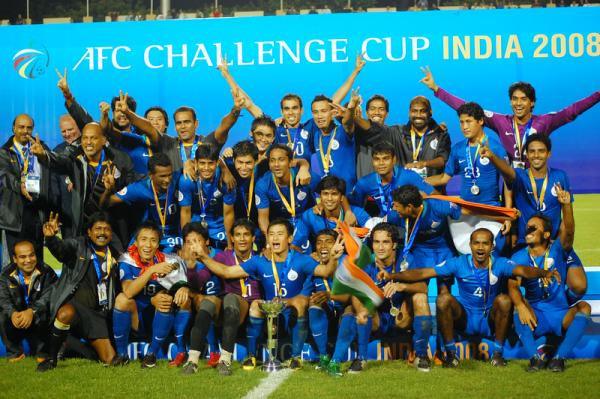
Things were looking quite exciting for Indian football fans. Unfortunately, the excitement soon turned out to be short-lived. While the I-League was supposed to be a game-changer for Indian football, all it eventually turned out to be was nothing more than a mere name-change.
The All India Football Federation (AIFF) turned a blind eye towards the league following its 'revamp', failing to bring in any significant structural changes. There were no steps taken to create revenue streams for clubs. This had predictable results on clubs' willingness to invest at the grassroots, which are quite clear to see today.
The I-League never took off, and its failure to grow had a rub-off effect on the national team, which had just started getting a string of positive results under Houghton. Despite achieving unprecedented success with the national team, head coach Bob Houghton was treated like an outcast.
Following the 2011 Asian Cup, the AIFF started looking at new candidates to replace Houghton, adamantly refusing to look at the root of the problem. The national team has never managed to reach those same heights of 2007-09 again.
Football at the grassroots still to be given a push
Compared to the top footballing nations, most Indian kids take to football very late in their lives. When one learns the basics of the game at, say 12 years of age, the player is already past his/her best learning period. Over the last few years, very little has been done to encourage clubs and academies to invest at the very bottom of the grassroots.
In fact, one of the very few I-League clubs to have been involved, to some extent at that level is Pune FC which is folding up today, disenchanted with the lack of a roadmap for Indian football. There is a growing sense among other clubs that the I-League is being kept alive, but undernourished, just to give the ISL enough time to take over as the primary league of the country in a few years' time.
A new national league will mean dismantling of the old structure, which will have severe repercussions on youth football. It will take ISL franchises a few years, probably even decades, to set up competitive youth football programs.
Atletico de Kolkata's much-hyped youth team failed to gain promotion from the third division of football in Kolkata this season. Given the hype it had received, it is fair to question the quality of grassroots programs being planned by Atletico and other ISL franchies.
AIFF needs to wrestle power back from IMG-Reliance
It is not even a secret anymore. IMG-Reliance, and not the AIFF, make the important decisions in Indian football. From deciding whether to allow the Indian national team time to prepare for crucial World Cup qualifiers, to scheduling ISL games at the same time the Blue Tigers play, Nita Ambani's folks clearly are in charge here.
The I-League has been cut short to a 4 month-long competition, the Federation Cup has been scrapped, age-old competitions like Durand Cup have been killed. It is high time that AIFF steps its foot in here and prevents Nita Ambani and Co. from operating against the interests of Indian football.
For the last few years, Praful Patel has been the Nero of Indian football, watching on as the game has constantly degraded to a level previously unfathomable. However, there is still time to salvage something. After the country's fifth consecutive defeat in the World Cup qualifiers, the governing body needs to look at itself, its mode of functioning, and bring in reforms in the coming years.
For a country which reached the pinnacle of the game in Asia half a century back, India is running out of time to prevent a fast approaching calamity.




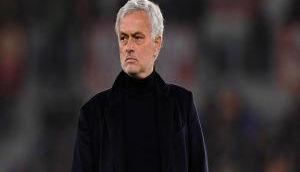

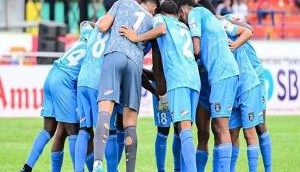
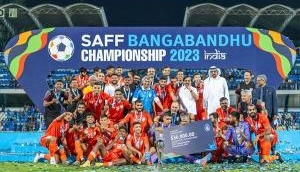
![BJP's Kapil Mishra recreates Shankar Mahadevan’s ‘Breathless’ song to highlight Delhi pollution [WATCH] BJP's Kapil Mishra recreates Shankar Mahadevan’s ‘Breathless’ song to highlight Delhi pollution [WATCH]](http://images.catchnews.com/upload/2022/11/03/kapil-mishra_240884_300x172.png)

![Anupam Kher shares pictures of his toned body on 67th birthday [MUST SEE] Anupam Kher shares pictures of his toned body on 67th birthday [MUST SEE]](http://images.catchnews.com/upload/2022/03/07/Anupam_kher_231145_300x172.jpg)


